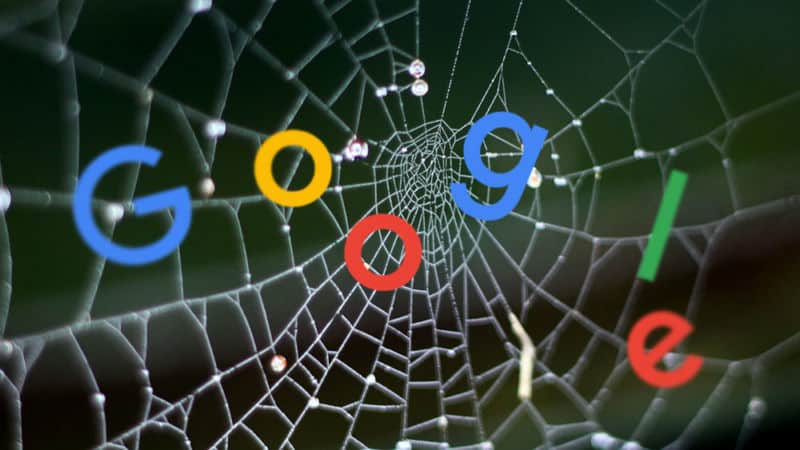
Google’s acquisition of Fitbit closed in early 2021, but we haven’t seen much in the way of changes yet. 9to5Google spotted a big upcoming change posted on Fitbit’s help site: account migrations! A new Fitbit help page has outlined the plan for the coming Google account migration. If this goes anything like the Nest account migrations (done by the same Google Hardware division), Fitbit users are in for a wild ride.
Google’s support page says, “We plan to enable use of Fitbit with a Google account sometime in 2023” and that at that point “some uses of Fitbit will require a Google account, including to sign up for Fitbit or activate newly released Fitbit devices and features.” That means optional account migrations for existing users in 2023. Google also says, “Support of Fitbit accounts will continue until at least early 2025. After support of Fitbit accounts ends, a Google account will be required to use Fitbit. We’ll be transparent with our customers about the timeline for ending Fitbit accounts through notices within the Fitbit app, by email, and in help articles.”
The merging of accounts will, of course, mean that Google gets your health data. Google says that “you’ll need to consent to transfer your Fitbit user data from Fitbit to Google” and that “Google will then provide you with Fitbit under Google’s Terms of Service, Privacy Policy, and binding commitments for Fitbit.” Part of those EU commitments, which Google chose to apply to the whole world, is that “Google will not use Fitbit health and wellness data for Google Ads.”
Google’s sales pitch for why you’d want to transfer says, “Google accounts on Fitbit will support a number of benefits for Fitbit users, including a single login for Fitbit and other Google services, industry-leading account security, centralized privacy controls for Fitbit user data, and more features from Google on Fitbit.” Really, though, with Fitbit’s borgification being mandatory in 2025, resistance is futile.
Let’s hope this goes better than Nest
The closest experience we have to these major account migrations is the Google handling of Nest accounts in 2019. That was (and still is) a very bumpy road. After years of coexistence following Google’s Nest acquisition in 2014, Google decided to kill Nest accounts after five years and migrate everyone to a Google account. You weren’t forced to switch, but not switching only meant a slow death of your account, since you weren’t allowed to add new devices and wouldn’t get any new features. The account move ended up changing a lot about how Nest works and what Nest works with, introducing regressions like the loss of location-based thermostat control for several months, breaking existing compatibility with third-party apps, and the death of the “Works with Nest” ecosystem. This also marked the end of Google’s siloing of Nest data from all of Google’s other data collection.
Nest still hasn’t really recovered from its Google-ification. The original Nest app is still being beaten to death with the “not invented here” stick, and Google wants everyone (and forced some products) to move to the Google Home app. Google’s app is an unorganized dumping ground for every Google smart home product, though, and is easily the company’s worst and most incomprehensible app. It’s still not feature-complete with the Nest app, and you don’t have to look far to find angry customers. Google also doesn’t offer a web interface for anything, whereas previously, home.nest.com offered web functionality for thermostats and cameras. Google has owned Nest for seven years and still hasn’t figured this out.
So far, the only difference we’ve seen from the Google/Fitbit team-up is the Fitbit branding giving way to “Fitbit by Google” branding. If we follow history’s example and assume Google doesn’t learn from its mistakes, Fitbit’s transition maps very nicely to Nest’s. We imagine the Fitbit app and website being hit with the same “not invented here” stick and Google Fit taking over as the new Fitbit companion app (Google Fit no longer has a functional website). Fitbit has a lot of integration with other services, but that will probably need to be transitioned to some Google API like the Google Fit API instead. Naturally, that will involve some functionality surviving, some functionality being completely lost, and some developers being unwilling to make the jump and re-code previously working integrations. Buckle up!
Google says more information will be available closer to the 2023 launch date.